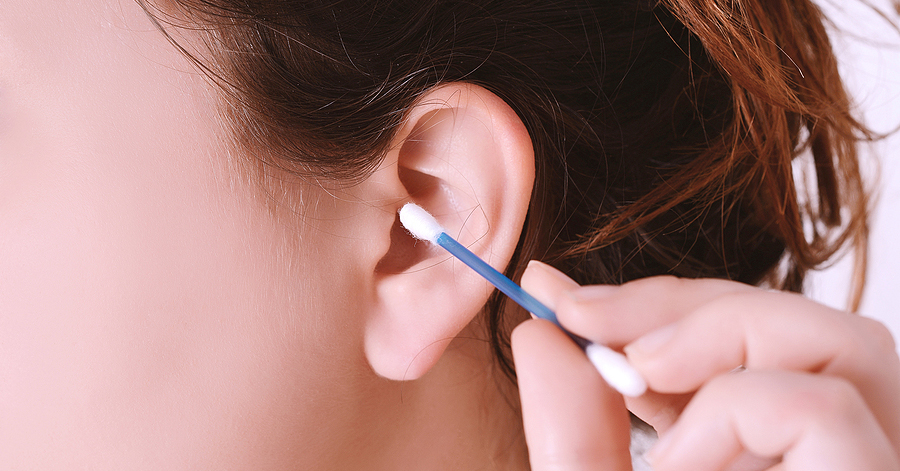Why cleaning your ears is important
by Admin
Posted on 14-09-2022 08:38 AM

In a
of 206 college-aged students, the vast majority practiced
ear
-cleaning. Seventy-five percent said they believed the practice to be beneficial for their health. But the thing is, you don’t really need to clean earwax out of your ears. Earwax isn’t dirt. Earwax serves an important purpose: lubricating and protecting your ears. It even helps
of ear infections, since it has antibacterial properties. Of removing your earwax can outweigh the potential benefit.
Cleaning out earwax with a cotton swab can damage or irritate your ear canal or even puncture your eardrums. You should also understand that when you clean out the earwax you can see — using an object you put in your ear — you’re also shoving earwax deeper into your ears, which can lead to earwax impaction (blockages) over time.
Earwax, also known as cerumen, plays an important role in your body. It helps eliminate dirt, debris, hair and dead skin cells from your ear canal. Earwax keeps your ear canal from becoming itchy and uncomfortable and it lowers your risk of infection. It also helps decrease the irritation of water when it gets into your ear canal. While earwax does serve some useful purposes, having too much of it can result in buildup and ear canal blockage. Your body can overproduce earwax leading to this blockage, but also, you can cause the blockage as well by cleaning your ears out with a cotton swab or other item that pushes the earwax further into your ear canal.
Ear wax (or cerumen) is a natural product produced by your ears. It is made of 3 main components: old skin cells dust and debris oily secretions from modified sweat glands ear wax forms an important part of the ears natural defence system because it has certain anti-bacterial agents which help to prevent infections. As it is sticky and moist, it not only helps to moisturise the skin in your ears but also helps to trap foreign bodies and dust. Ear wax slowly works its way out of your ear, making our ears self-cleaning!.
We tend to take ear hygiene for granted until there’s a problem, but that’s not necessarily a bad thing. Since our ears are designed to self-clean, failing to clean them actually protects us from the dangers of over-cleaning – most of the time. Basic hygiene is still important. This means keeping dirt, dust and water out of our ears and removing excess wax that has pushed to the surface. So what determines how often you should clean your ears ? it there a set recommendation, or does it differ for everyone? here are some answers.
How often should I clean my ears?
But earwax, also known as cerumen, is not only normal, it’s necessary. “people think that earwax is dirty and needs to be cleaned, but earwax has both anti-fungal and anti-bacterial properties,” says ear, nose and throat specialist anh nguyen-huynh, md.
 “it also protects ears from things that could hurt the eardrum, such as dust, hair or small insects. ”factors that can affect your amount of earwax include previous ear surgery or trauma, recurrent ear infections, or wearing hearing aids or deep earplugs.
“it also protects ears from things that could hurt the eardrum, such as dust, hair or small insects. ”factors that can affect your amount of earwax include previous ear surgery or trauma, recurrent ear infections, or wearing hearing aids or deep earplugs.
Give your ears a gentle cleansing each day. The best approach: after washing your face or stepping out of a steamy shower, cover one finger with a damp washcloth and wipe around your outer ear. “de-clogging the most external exit will help with that natural migration,” ying says. People who tend to produce an abundance of earwax may try using a softening agent, to help the wax leave the ear or to remove it more easily. If you prefer to go the natural route, try baby oil or mineral oil. Using an eyedropper, apply a drop or two into your ear, tilting your head so that the opening of the ear is pointing up toward the ceiling.